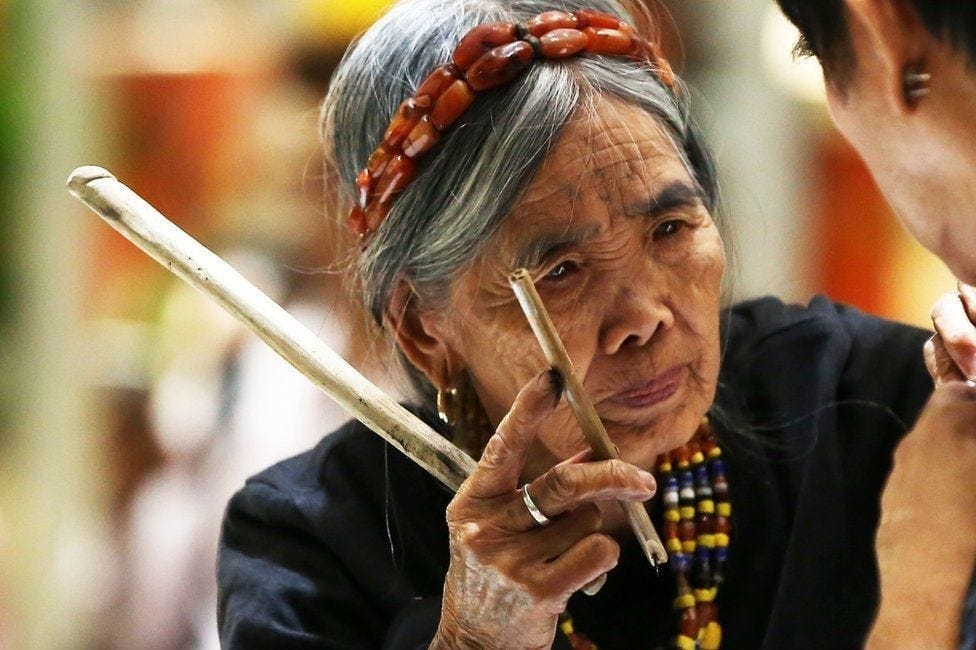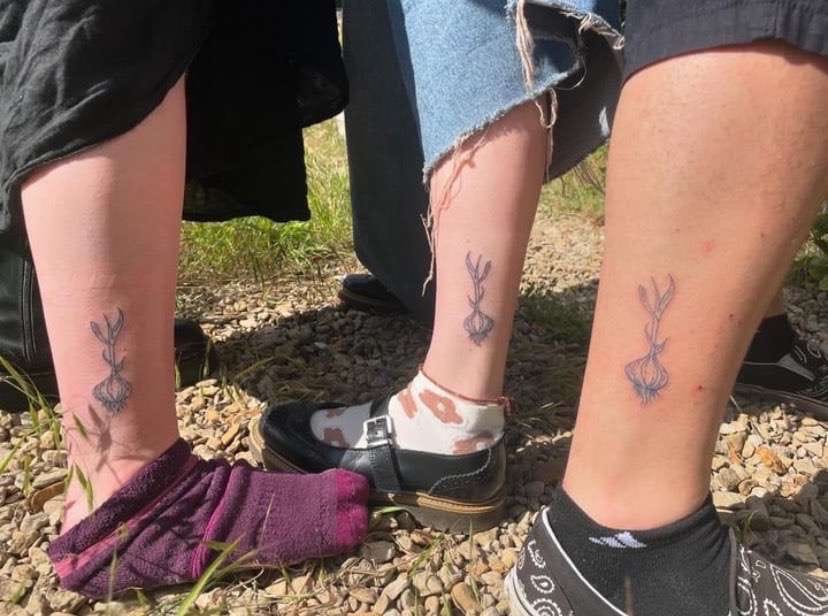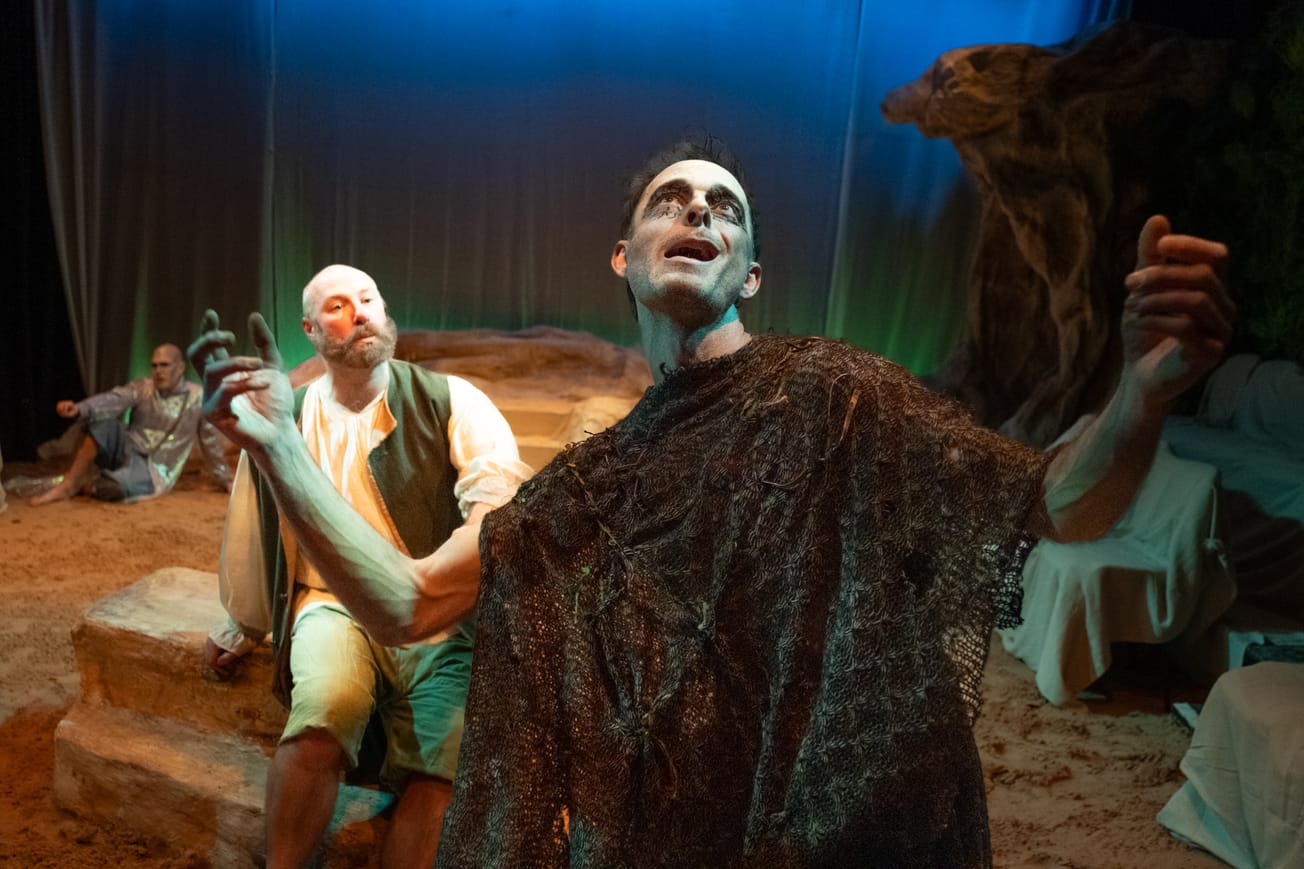By Meabh Macaskie, Third Year History
In 2024, you are likely to know at least one person with a tattoo. A survey published by YouGov in 2022 suggests that that ‘26% of the British public have tattoos.’ The study also discovered that from this demographic, young people appeared to be the most likely to get tattoos, with the percentage increasing to ‘34%..for 25-34 year olds.’
Gen Z seem to have embraced tattoos more broadly in a way that earlier generations have not. Perhaps this is because previously, fears about seeming unprofessional in the working world, or stereotypes of tattoos being associated with certain groups, such as bikers who are considered ‘dangerous’ or ‘different’ to usual society, prevented more people from getting them. Internationally and historically, many cultures prove how this stereotype is untrue. The Māori people from New Zealand have traditionally used tattoos to document their stories on their bodies, and Apo Whang-Od from the Philippines has in recent years gained media notoriety for being the last expert tattooist of ‘Mambabatok.’ With the modernisation of society and these groups' ability to adapt and inspire the world of tattoo art, tattoos are now able to increase in popularity and are getting recognition as a form of self-expression that aligns with how our choice of fashion or hairstyle similarly were embraced in earlier decades. Perhaps tattoos can now be seen as the new defining youth culture. Social media being in part responsible for this breadth of awareness, with Apo’s Whang-Od’s recent feature on Instagram platform Freeda-en being testament to how acknowledgement of traditional tattooing as an expressive art form is reaching global attention and generating inspiration.

This ‘awakening’ or ‘opening’ in societal acceptance of tattoos reflects how British society has become more accepting of all genders, sexualities, and ethnicities, with freedom to be who you are allowing the freedom to present your body whatever way you want. Epigram found many Bristol students agreed with this view that to have tattoos does not reflect on how one should be perceived. Emi, a second-year drama student who has three tattoos, emphasised this societal change towards acceptance saying that ‘having piercings and tattoos doesn’t make you seem less of a person or any less of a professional. If this was the case in generations before, I can guarantee tattoos would have been just as popular then, instead of being seen as a bit of a taboo.’
Each decade of Britain has represented a breaking of boundaries in terms of societal acceptance. Perhaps tattoos will eventually be relegated to a ‘revolutionary’ feature of the 2020s in the way that the invention of the contraceptive Pill in the 1950s caused the breaking of boundaries in terms of sexual expression in the 1960s. Ultimately, we should view the increasing popularity of the tattoo as a positive thing because it represents how far we have come in self expression but also how far we have to go as a society.









